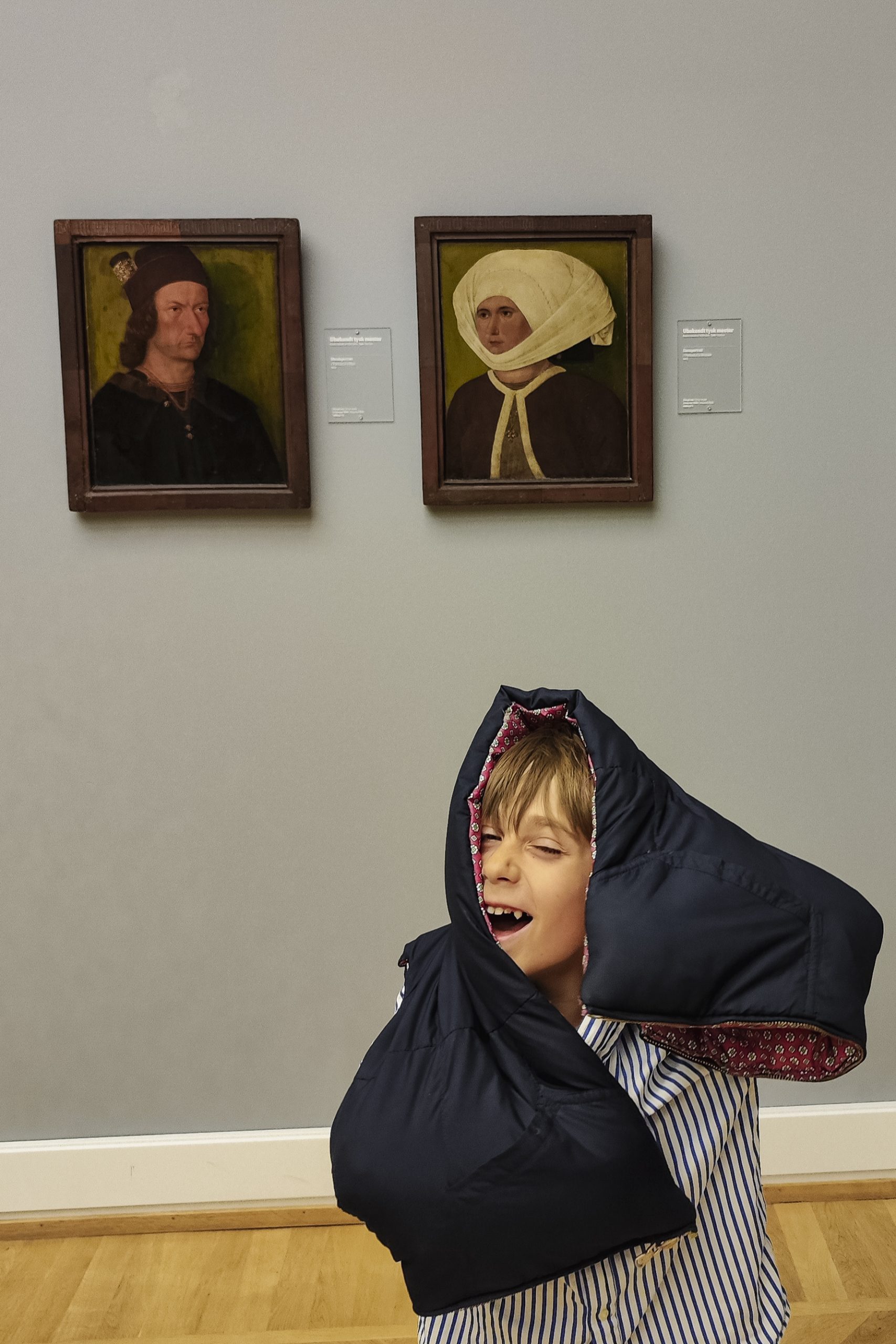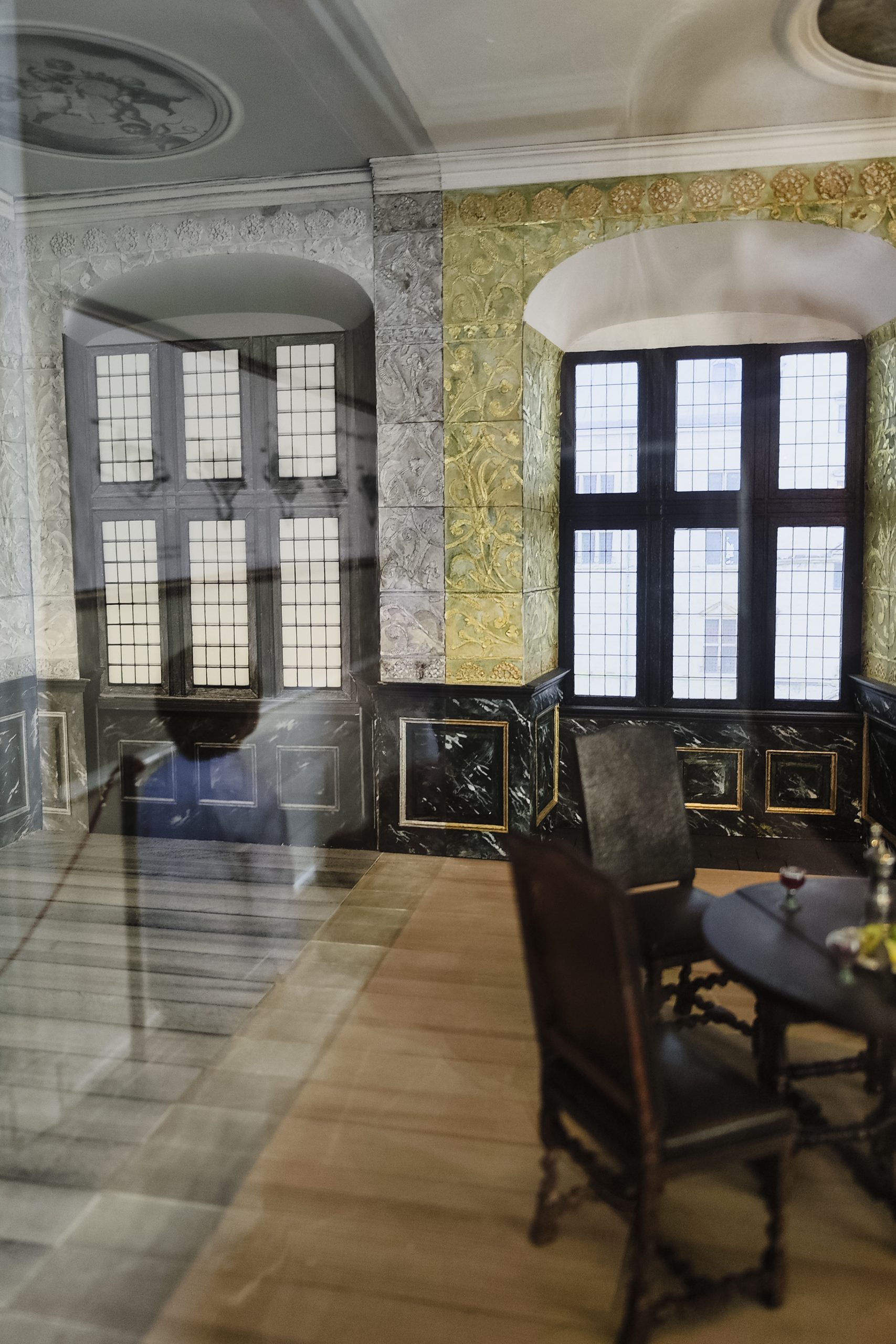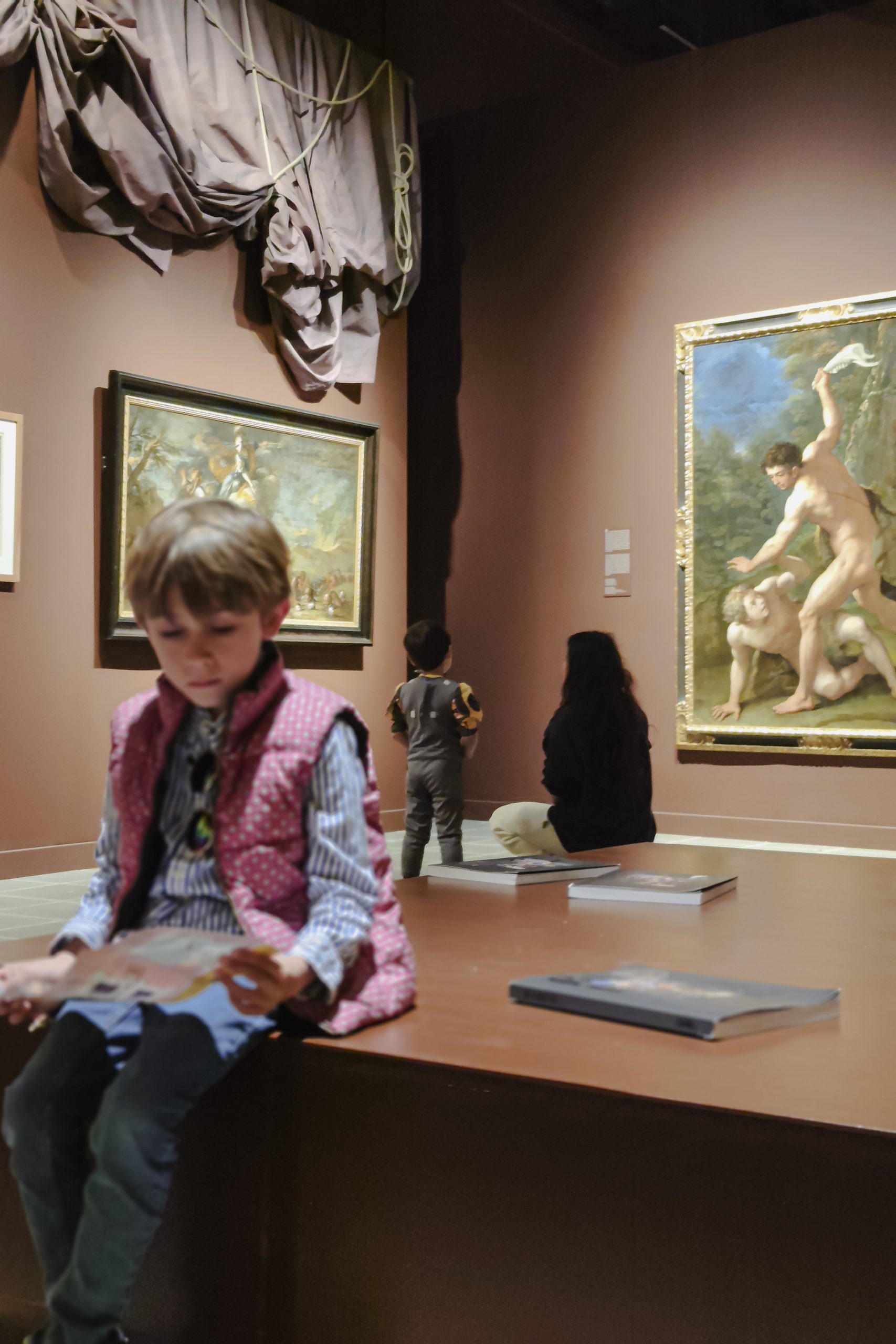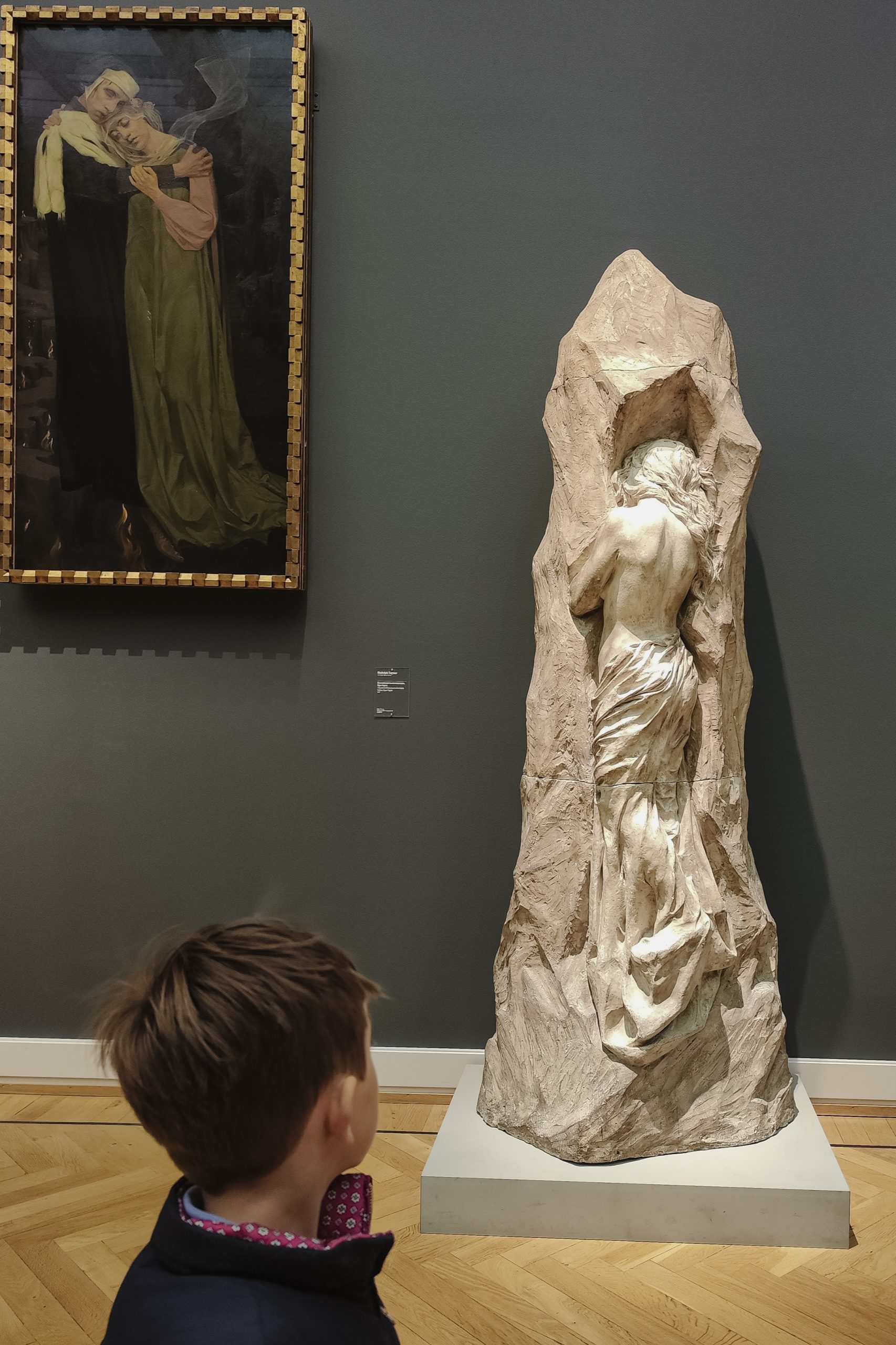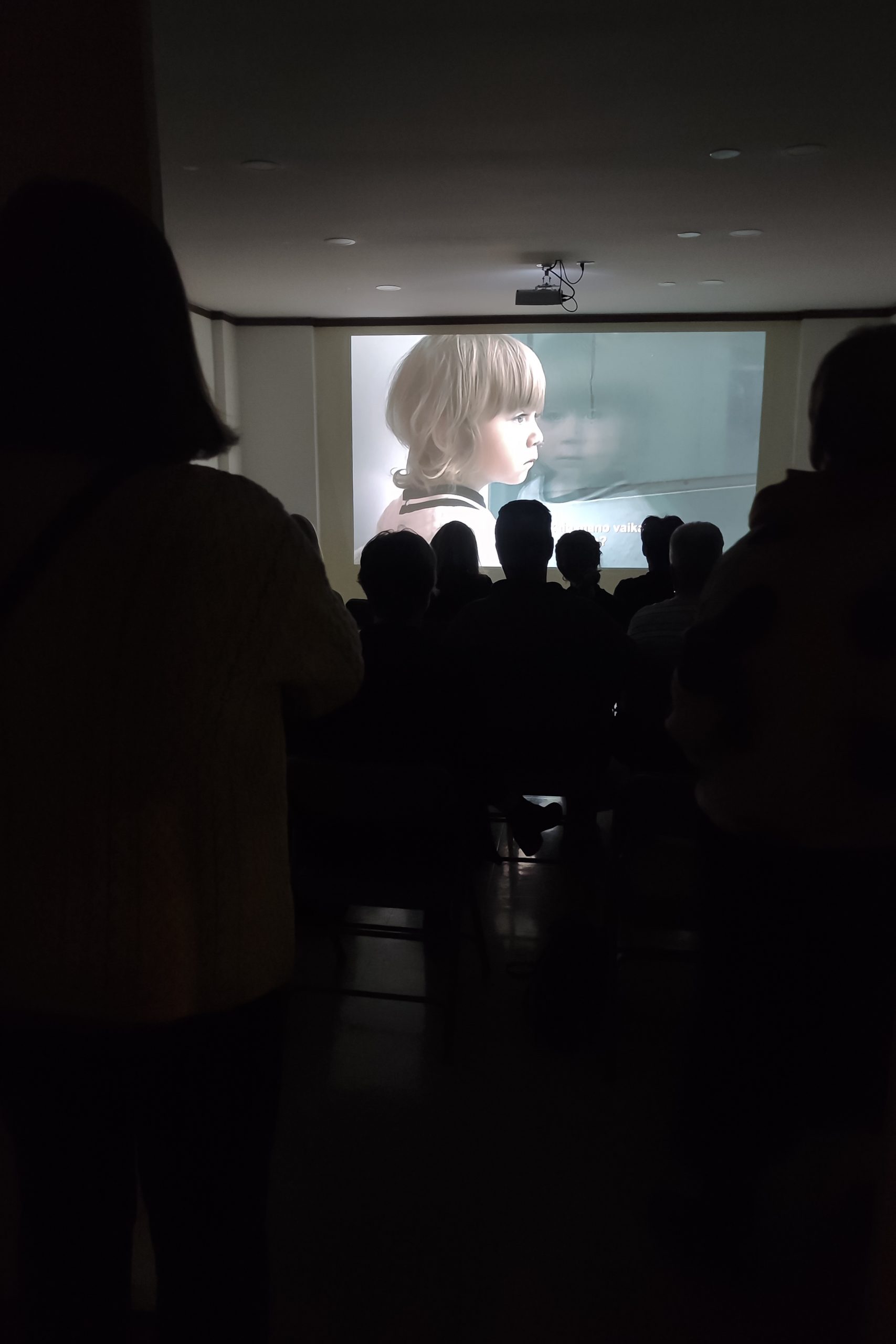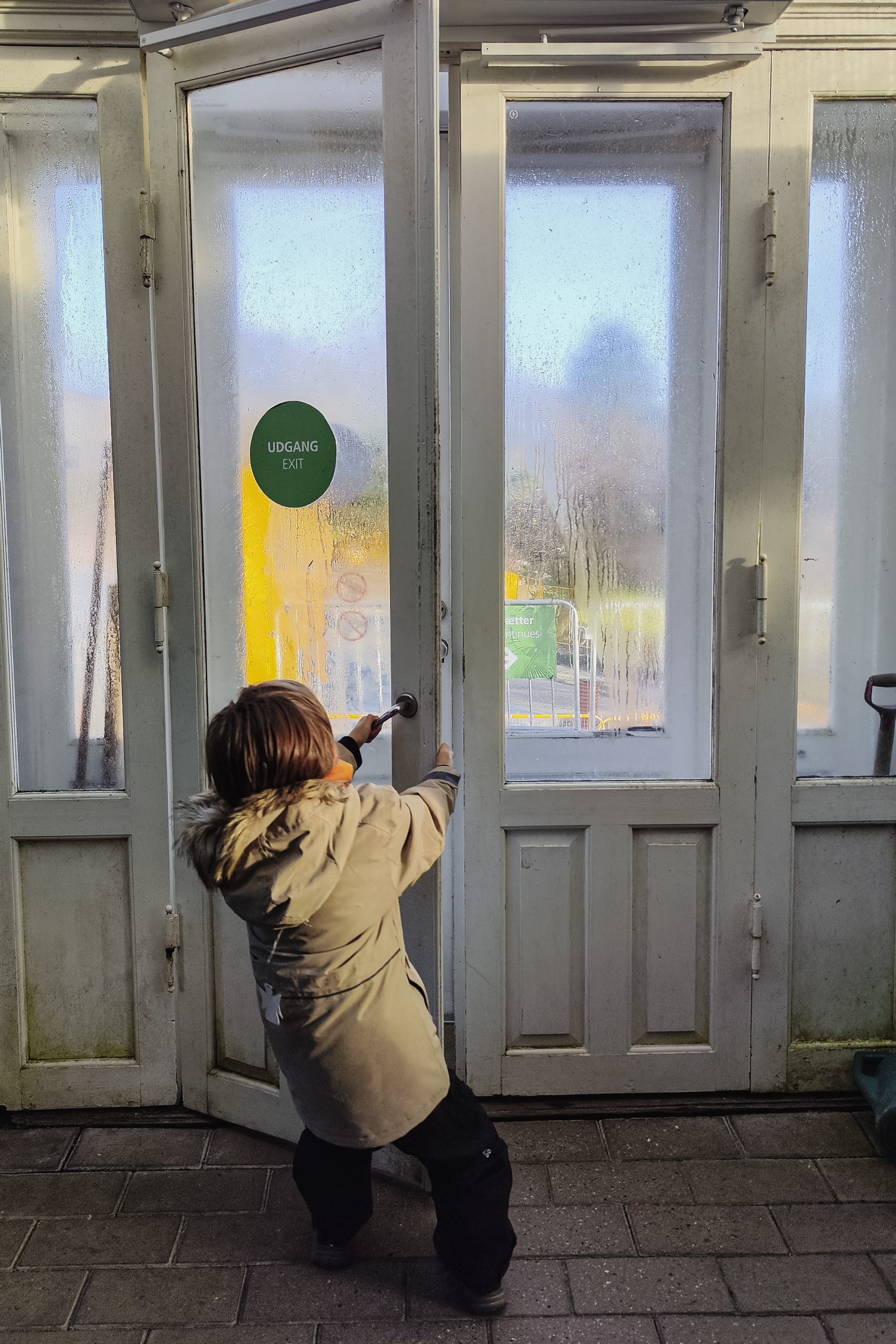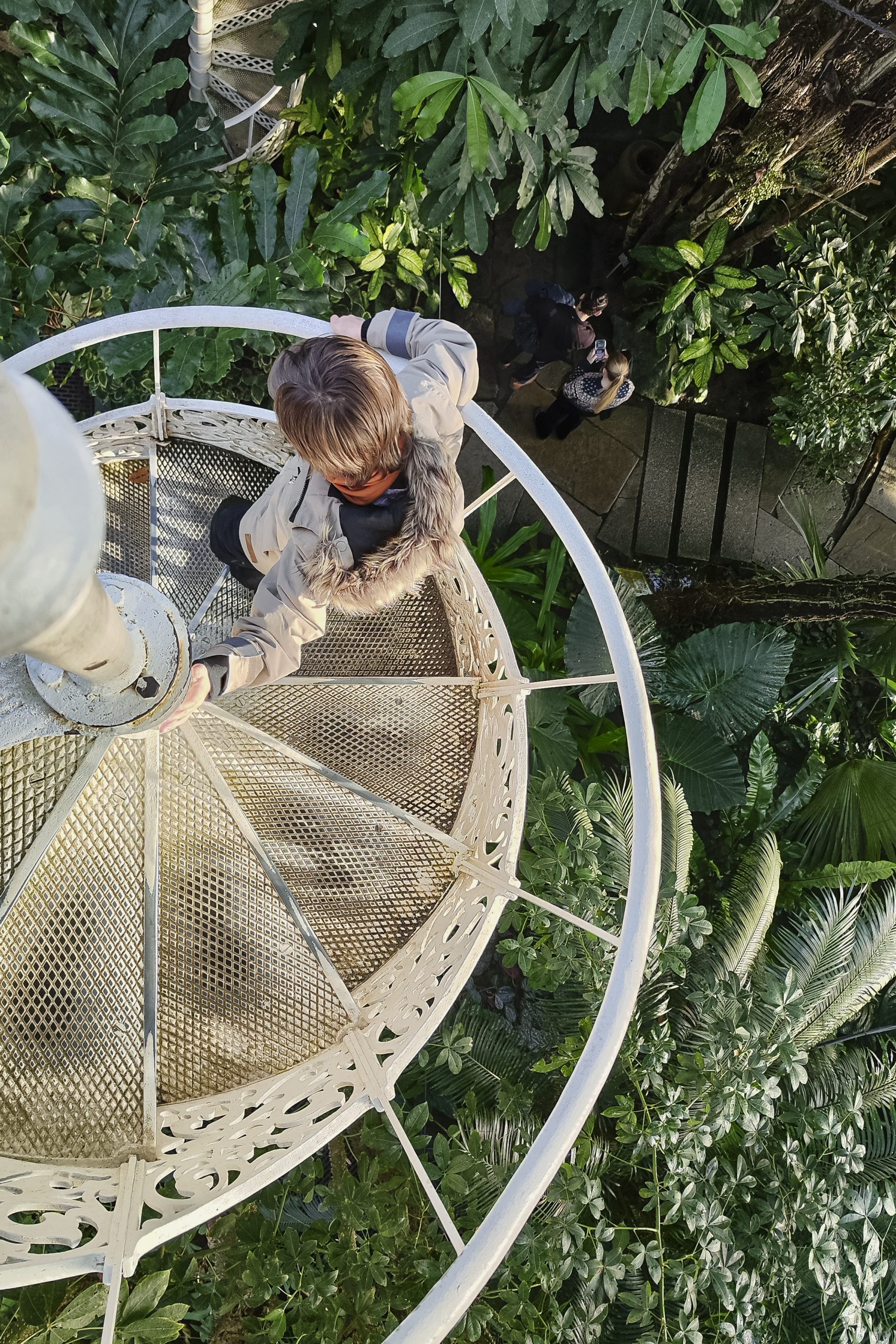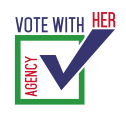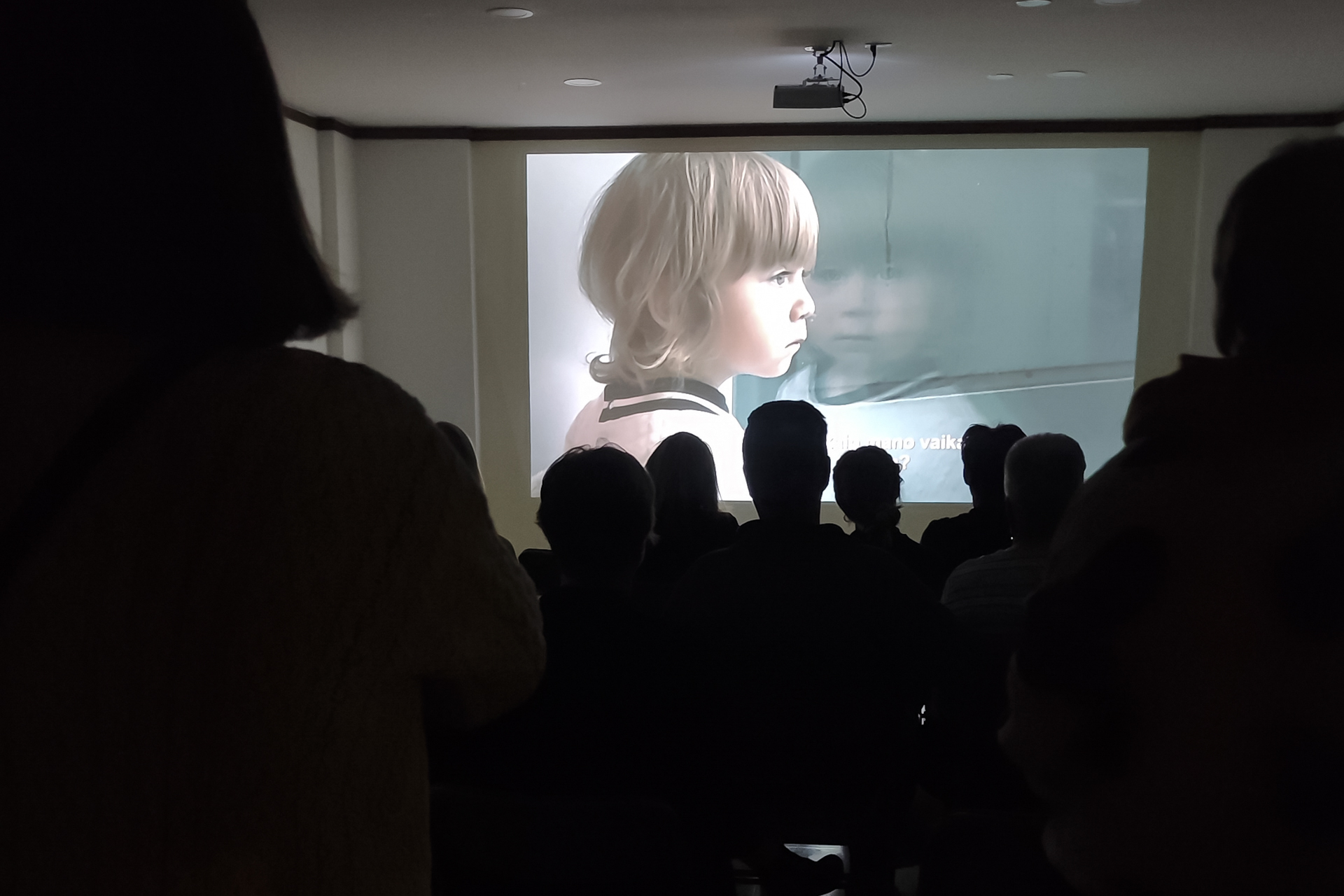
Hold me closer
Text and photos by Diana Maria Olsson
If we want to have a society that thrives on justice, kindness, and humanness, we need to be examples of these values, we need such values to be represented in institutions and governments that lead our countries and the choices that reflect us, our needs, our real state is in hands of ourselves. Society does not know that women can’t choose to leave an abusive relationship in a foreign country because the choice to end the abuse is not in their hands. The courts and social workers can all become further weapons. That’s why the systems in our societies must be in focus. When a woman has a moral epiphany and identifies that her husband is not a good person, she must have a right to divorce.
As a journalist and filmmaker, I collected many stories of women who were fleeing domestic abuse in a foreign country but instead of getting help, they were removed from their children. It is hard to see what could be more pernicious to a child than to deprive them of their caring mother without any valid reason whatsoever. It is also impossible to comprehend how could such a forced separation be justified to the benefit of a child and could help ensure their harmonious and healthy childhood and future development.
I am acting here on behalf of all these unnamed mothers. With my personal story, I want to be a voice for all the victims of these inhumane arbitrary policies, for those who are afraid to speak up because of fear of their husband’s revenge or institutional pressure, including job and home loss. Very often victims of domestic violence have felt powerless to do anything about their situation and didn’t come forward out of fear of revenge. Research shows that there are 5% of partners (with some inclination to narcissistic psychopathy) who go through a separation and will do everything to destroy their ex-partner, and this is happening all around the world, every day, and in well-developed, civilised countries too. Half of all homeless women and children became homeless while trying to escape intimate partner violence; half of the women who experienced violence were forced to leave their jobs and experience lifetime income loss; they lost the custody of their children, and the list goes on.
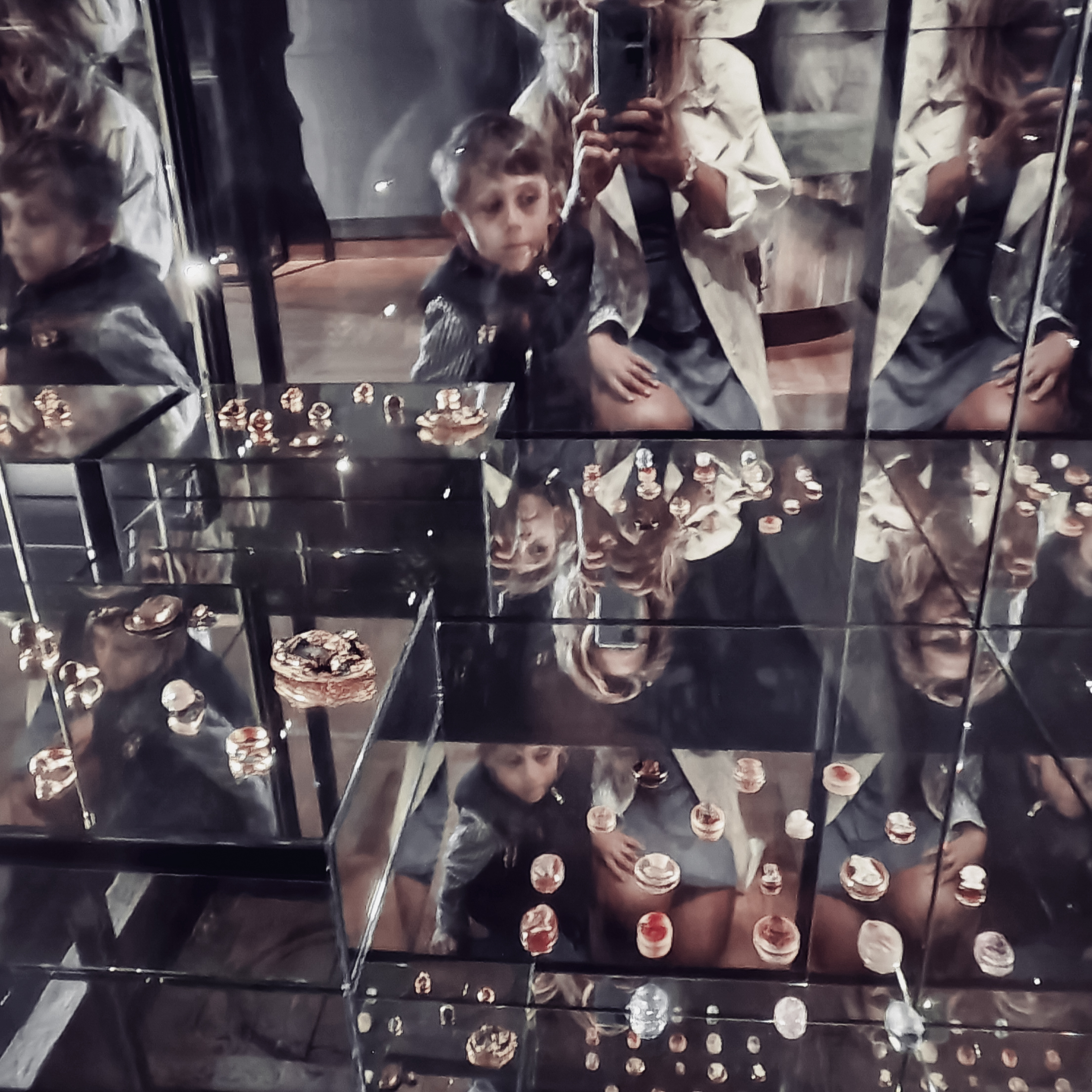
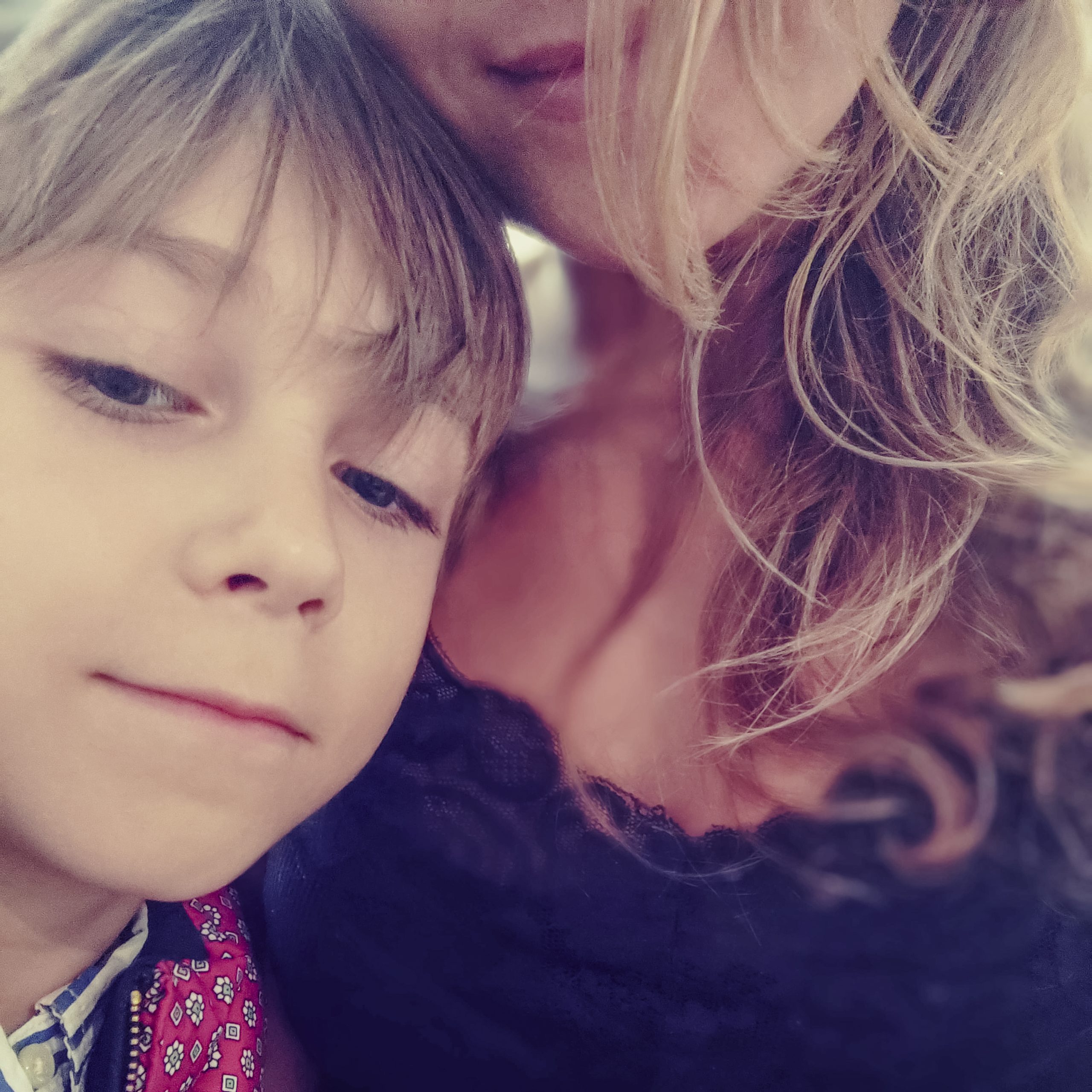
I know how these women and children feel. It’s devastating to lose a child that is still breathing. If it breaks the soul of an adult, imagine what it does to a child. It’s a nightmare and it does not go away. Other people around you go to work, buy a cafe latte, and discuss equality, and you are just beside them without a right to raise your child. The mother is removed from her child, but she is expected to live an ordinary life as if nothing has happened.
We need to raise awareness about the systems that allow the removal of a child from the mother and to stop it. Some scientists have researched the topic of domestic violence followed by institutional abuse and tried to highlight this problem in their countries, but it should be addressed internationally. It is a cross-border problem, that touches every country and should be addressed by all states to protect women from systemic abuse, homelessness, poverty, and trafficking, which women in a foreign country are mostly vulnerable to.

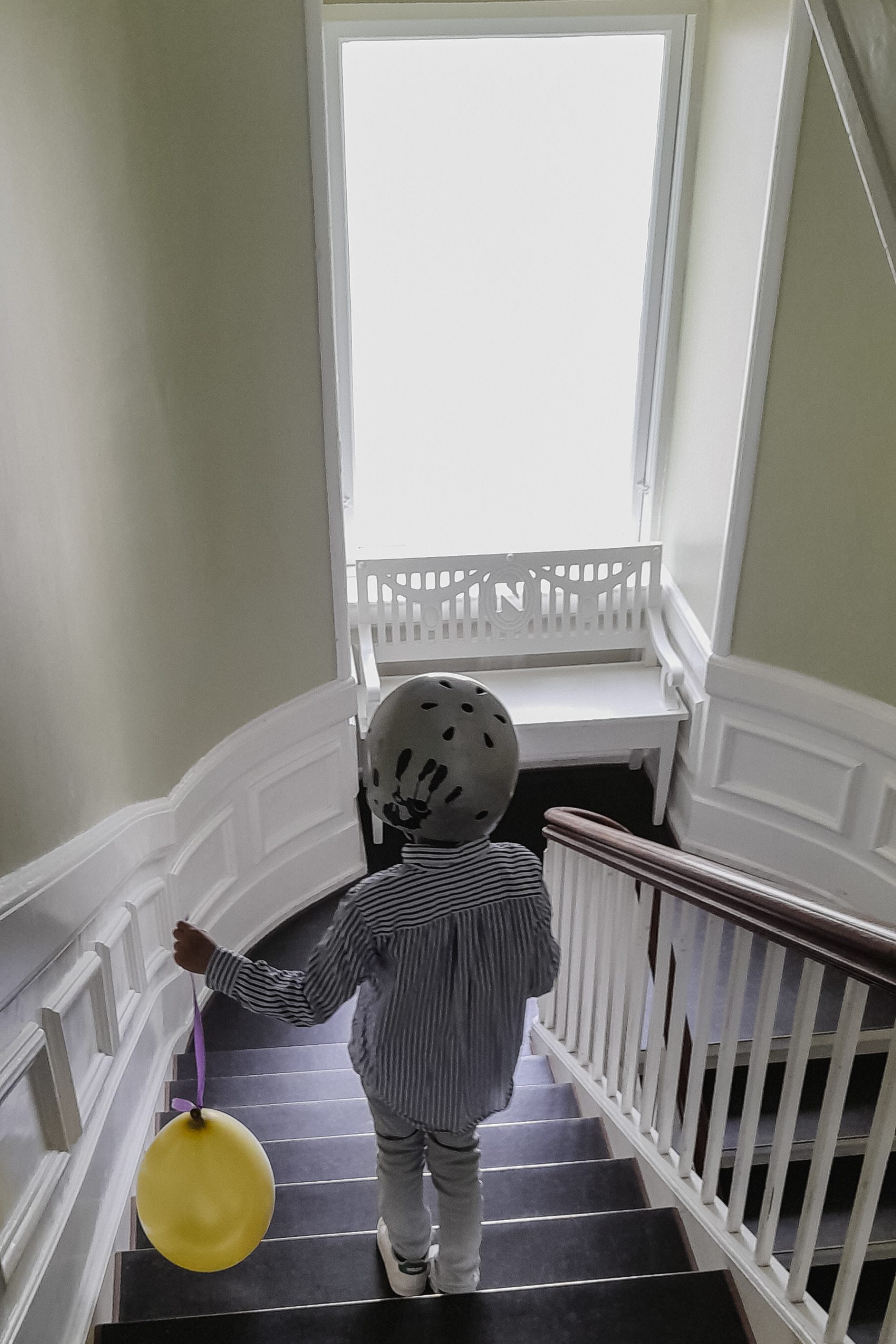

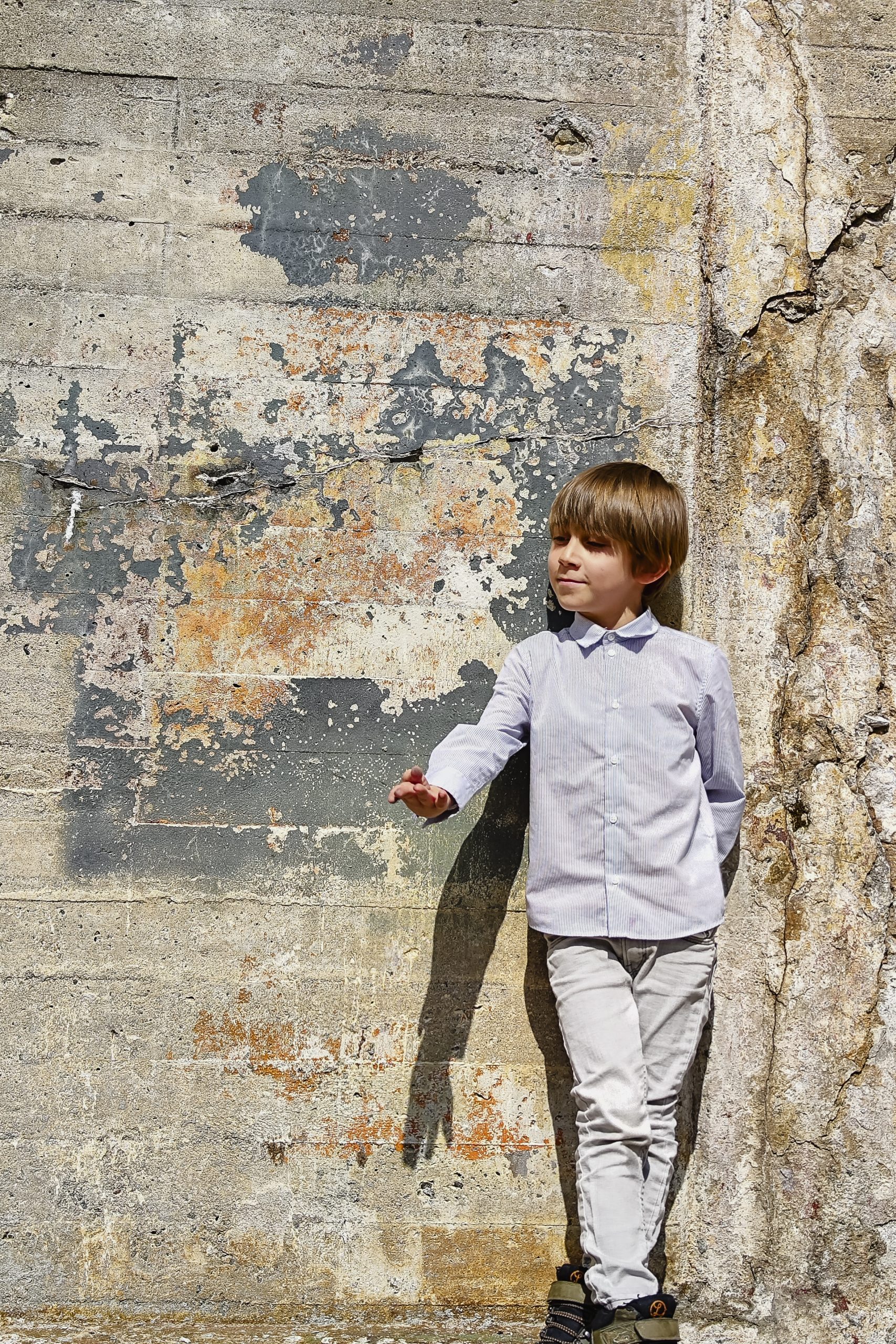
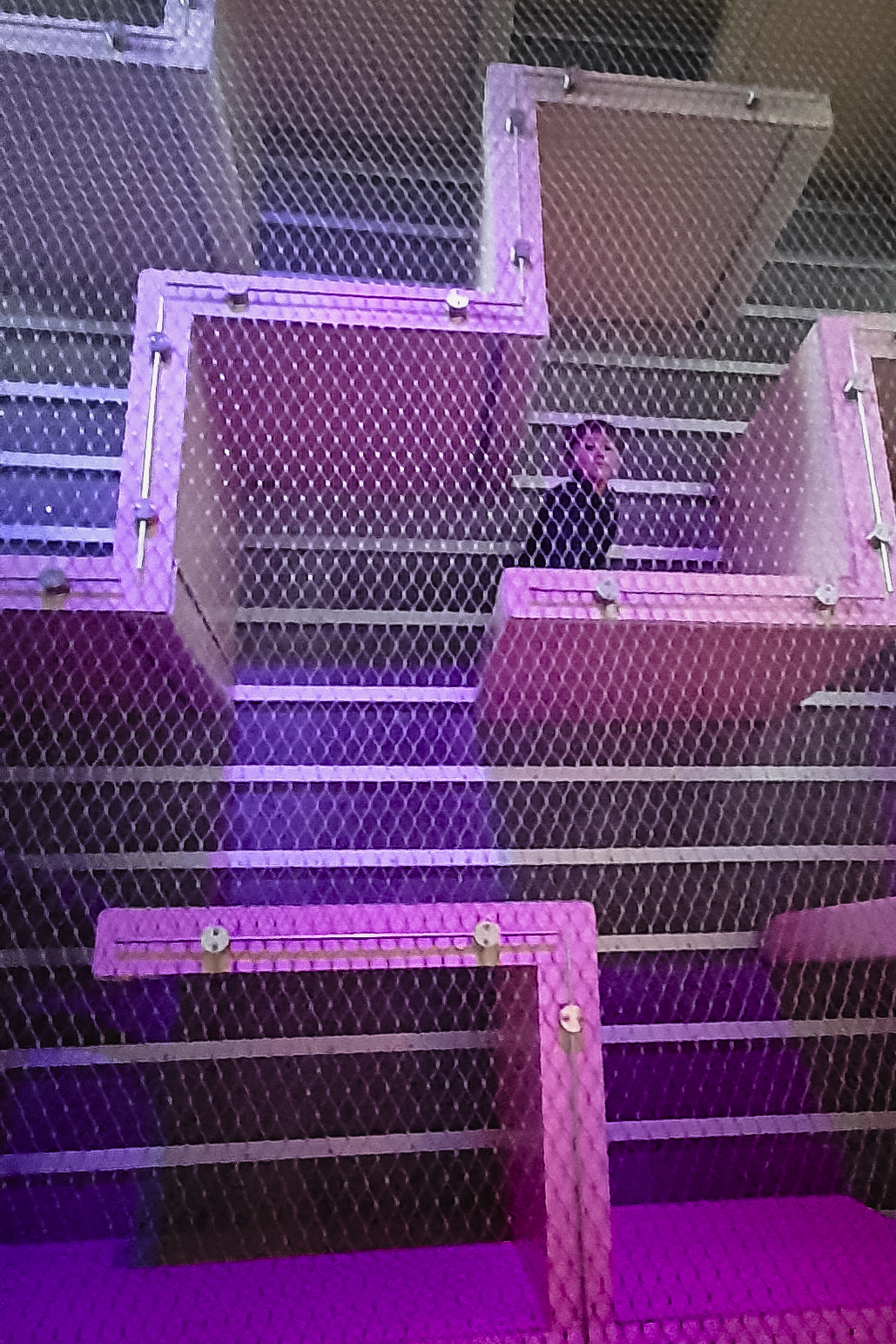
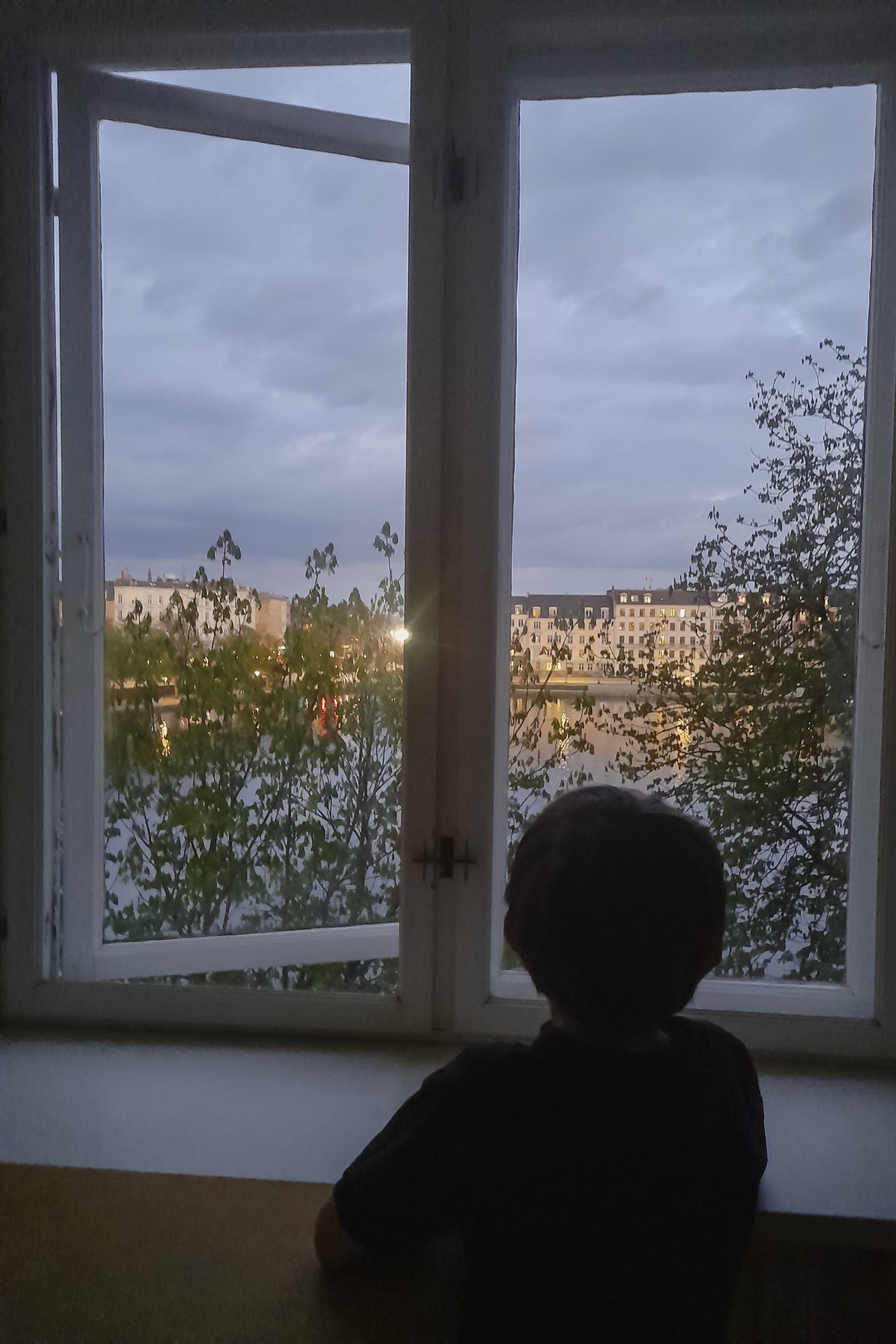
The system has a zero approach to the mother and the child as they do not have value to them and with my photo exhibition “Hold me closer” I have a wish to make a path for mothers and children to see themselves as complete human beings who are enough. When institutions say that a mother’s and child’s life is not important, the photographer makes it important. If you place a stone on the street no one will buy it, but if you place a stone in the museum, it gets value. Whenever the mother and the child meet they go to a different museum, a symbol of the home where things have value. They place themselves there to spread the message – a mother and a child are sacred, they can’t be removed from each other. They are not just statistical numbers.
Therefore, I call to action every single person who passes this exhibition – to show solidarity with women who live in foreign countries by choosing responsibly who represent us not only on a national level but also internationally – at the European Parliament. The European elections in 2024 will take place from Thursday to Sunday, 6 – 9 June 2024, so use your voice!
